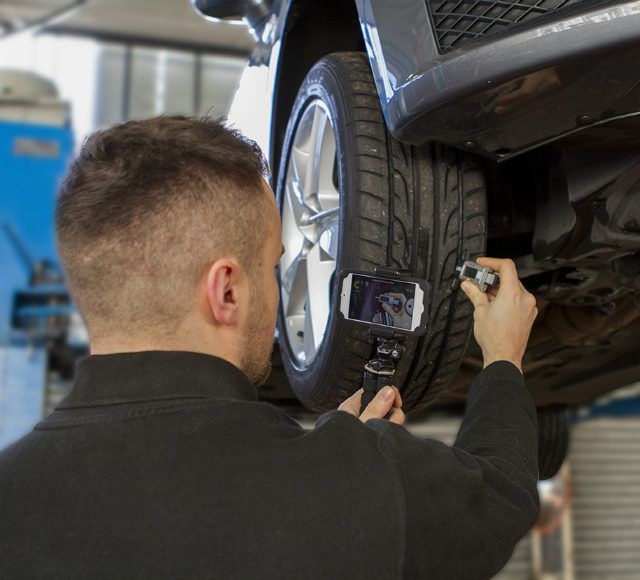So you’re in the market for a new-to-you set of wheels? Buying a used car can be a smart financial move, but it can be an overwhelming experience. With so many options and potential pitfalls, it’s important that you know what to look out for. That’s where we come, this blog covers the key things to look out for when buying a used car, so you can make an informed purchase.
What is average mileage for a used vehicle?
One of the first things you’ll want to consider when looking at a used car is its mileage. Generally speaking, the lower the mileage the better. However, a car with extremely low mileage may have been sitting unused for a long time, leading to potential problems regarding how well the vehicle has been maintained. On the flip side of things, a car with high mileage is likely to have a lot of wear and tear.
You should look for a car with moderate and consistent mileage that matches its age. This will differ depending on each vehicle, but as a starting point, the average mileage per year in the UK is 9,654.
By the end of 2023, not including battery electric vehicles (BEVs), the average mileage was 9,035, whilst the average for electric vehicles stood at 8,292 miles per year. Showing how the expectation can slightly change depending on the vehicle.
Why is it important to do a vehicle history check?
It’s important to get a detailed vehicle history report before purchasing a used car. This report will tell you if the car has ever been in an accident, had major repairs or has any outstanding liens (a legal right to possess another’s property until a debt is repaid or an obligation is met) or any other issues that you may not want to inherit as the new owner.
Most car dealerships, like Swansway dealerships, will always do a vehicle history check when a car comes into us, and therefore if you’re buying from a dealership you can simply ask for a copy of the vehicle’s history when you come to view it.
However, if you are purchasing from a private seller, you must carry out a vehicle history check yourself. This is an easy process and all you need is the vehicle’s registration number, from here you can use any number of free online tools to check the vehicle’s history.


How do I know what condition a used car is in?
You’ll want to inspect the overall condition of the car, keeping an eye out for signs of wear and tear on both the interior and exterior. Some areas to look out for are the condition of the tyres , as yourself a few of the following questions. Do they have a good tread depth? Are there any cuts and bulges? Do they all match?
Try out some of the car’s features such as the air conditioning, heating, lights, windshield wipers, and the stereo system.
Going for a test drive will be the easiest way to find out how the car handles, whether it makes any strange noises, and if the brakes are responsive.
How can I check the maintenance history of a used car?
Whether you’re buying from a dealership or a private seller, you should be aware of the vehicle’s maintenance history. It could give you peace of mind knowing that the car has been well maintained with regular MOTs and services. Some things to look out for include regular oil changes, tune-ups, and filter changes.
If the seller doesn’t have a copy of the maintenance records, it could be difficult to tell if the car has been well taken care of.
What’s the best price when buying a used car?
One of the biggest things you’ll want to consider when buying a used car is the price. This step will involve some research on your part to understand how it compares to similar models on the market. You should always take into consideration the condition, the age and the mileage.
If the price seems too good to try, remember to proceed with caution and do your checks. It could be that the vehicle has hidden problems or that the seller is trying to offload it quickly.
On the other hand, a car that is priced significantly higher than similar models may be overpriced, and you may not get value for your money.
Buying a used car can be a great way to save money, but it's important to do your due diligence before making a purchase. By considering factors such as mileage, vehicle history, condition, maintenance history, and price, you can make a more informed decision and avoid getting ripped off. Keep these tips in mind as you shop for your next used car, and you'll be well on your way to finding the perfect vehicle for your needs and budget.
